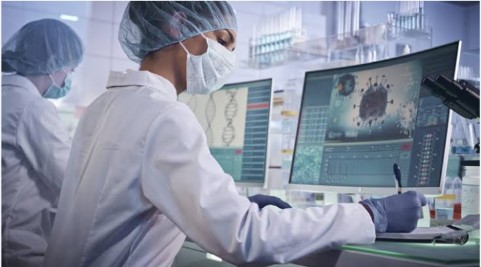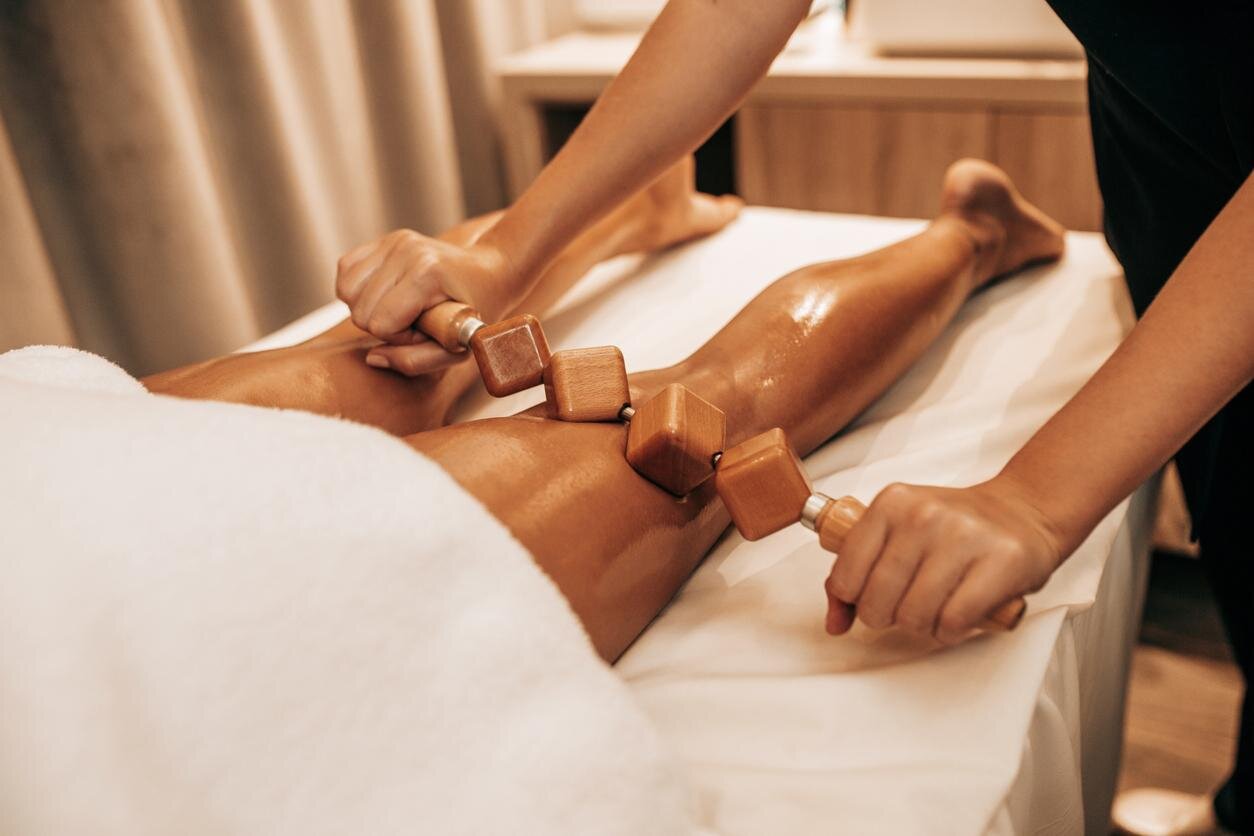The pharmaceutical departments in medical institutes play an important role in training and educating future professionals in the field of pharmaceutical sciences. This department is committed to educating and imparting knowledge to global students in drug development, drug manufacturing, quality control, and other drug-related aspects of the pharmaceutical industry.
Moreover, in this department students are provided with hands-on experience, utilizing advanced pharmaceutical machinery to eliminate the gap between theoretical studies and real-world implementations. However, the incorporation of practical studies in the pharmaceutical department is predominant to foster a comprehensive understanding of the pharmaceutical process.
With time, the students develop more interest in the pharmaceutical department. Now, it HAS become a famous field all around the world. Due to the heightened interest in this field, students from diverse linguistic and cultural backgrounds enroll in medical institutes. Moreover, the pharmaceutical department provides better educational resources to multilingual students. Professional life science translation services provide these institutes with the translation of pharmaceutical educational material and machinery used to support practical studies.
Pharmaceutical Machinery and Document Translation
The pharmaceutical departments are equipped with a list of machinery ranging from precision weighing scales to high-tech tablet punching and formulation machines. Through these types of equipment, the students gain practical insights into pharmaceutical manufacturing.
Moreover, some machinery used in the pharmaceutical department to provide practical insights to the students are:
- Weighing machines
- Tablet and capsule formulation machines
- Tablet punching machines
- Quality checking machines( disintegration and dissolution testing equipment)
- Mixer
- Granulator
- Blender
- Fluid bed dryer, etc.
All pharmaceutical equipment is used in practical classes for pharmaceutical students. Medical institutes often import these expensive pharmaceutical equipment from foreign countries. So, they need proper care to handle and use. However, students engaging with these need to receive comprehensive instructions on how to use them effectively and safely.
Therefore, professional translation companies translate life science documents needed for the pharmaceutical departments of medical institutes. Some documents that need translation for these machinery and pharmaceutical studies are import/export documents, instruction manuals, packaging and labeling documents, and product information leaflets.
Additionally, the translation of pharmaceutical instruments and machinery is vital for various purposes, including safe handling, risk mitigation, preventing equipment damage, compliance with GMP (good manufacturing practices), more effective education, skill development, etc.
Furthermore, students get information about the handling and use of these pharmaceutical equipment in their native language by using medical translation services. When they understand all these, they automatically handle them with care and try to formulate new entities after proper research.
The Role of Translation in Pharmaceutical Studies
Professional life science translation services play an important role in bridging the linguistic gaps in the pharmaceutical field. It ensures the accurate communication of the educational material in the native language of the students and tutors and promotes the safe use of pharmaceutical machinery/equipment.
Global Medical Collaboration
Translation facilitates communication and collaboration between researchers, manufacturers, and regulatory bodies across diverse linguistic boundaries. The translation services ensure that information about the pharmaceutical machinery is accurately conveyed and understood by all stakeholders.
Pharmaceutical Educational Material and Training
The medical institutes educate and train future pharmaceutical professionals. The institutes that have multilingual students use professional medical translation services to facilitate their students from different linguistic backgrounds.
Therefore, they use these services to translate educational material for pharmaceutical devices (such as instruction manuals for equipment, protocols, and usage). Moreover, they provide training to the tutors in their native language so that they enhance their understanding of machinery.
Consequently, students and tutors from diverse linguistic backgrounds fully comprehend and engage with this field. And it fosters an inclusive learning environment.
User Instructions
The pharmaceutical devices that are imported from foreign countries come with operational manuals and user instructions to ensure proper usage. However, translation companies translate life science documents accurately for the safe and effective use of pharmaceutical devices.
Furthermore, it minimizes the risk of errors that occur during formulation and troubleshooting. Consequently, it contributes to overall operational efficiency.
Research Collaboration
Pharmaceutical research involves the collaboration of institutes and researchers worldwide from different linguistic backgrounds. They share the protocols, methodologies, and findings about these pharmaceutical instruments for the advancement of scientific knowledge.
Therefore, translation services facilitate the exchange of research-related documents and information in different languages. As a result, it promotes international cooperation and accelerates the progress in pharmaceutical research happening in different corners of the world.
Wrap Up!
In conclusion, translation services play an essential role in creating a globally aware pharmaceutical education system. It acts as a linguistic bridge that connects students, educators, professionals, and researchers from different cultural and linguistic backgrounds. Moreover, it fosters a collaborative and informed community within the pharmaceutical department of the medical institutes.
Furthermore, the translation facilitates the pharmaceutical departments from their classrooms to the practical laboratories. The accurate translation of the instructional manuals, protocols, and information leaflets empowers the different linguistic students to navigate the complex process of pharmaceutical practices.


 Home
Home









